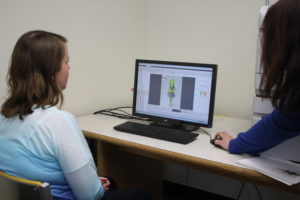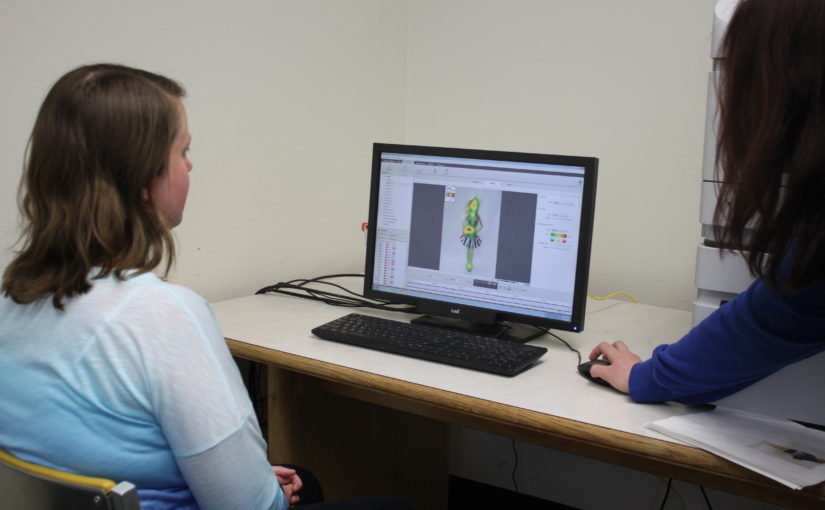Bodies: we all have them and yet many of us struggle with our own. We think they might be the wrong shape, or too this and not enough of that, which leads us to struggling after some sort of ideal.
“Historically, difficulties with body image are seen as a white, women’s issue, even though body image affects everyone, no matter gender or race,” Beth Salafia, a professor in human development and family science, said.
“While most women dealing with body image desire a ‘thin ideal,’ men often desire a ‘muscular ideal,’” Salafia noted.
What leads us to think of specific body types as ideal in the first place? Controversies swirl around what exactly leads to problems with body image, and even include things like the potential impact of toys like Barbie or He-Man.

In her lab, Salafia has conducted studies analyzing how playing with Barbies might impact body image in the future.
The question is: can we blame it on Barbie?
“The short answer is no. They are obviously problematic with their unrealistic representations, but really, it’s more about a culture of thinness than it is about toys,” Salafia said.
Blaming Barbie might be easy but it leaves broader insidious issues within our culture unaddressed, like the fact that by uncritically consuming images from advertising, social media, magazines or film, we are perpetuating a problem.
Some research seems to suggest our culture might have something to do with body image issues.
“Years ago, some people in Fiji had no exposure to western media, but after the arrival of television, magazines, etc., they began to see unhappiness with their bodies and eating disorders at rates they never saw before,” Salafia said. “It’s unfortunate that media can have such a destructive influence.”
We can’t deny that we live in a culture saturated with images, both through social media, which tends to be highly curated, and through film and advertising, which is also significantly manipulated.
“We do tend to see a correlation between consuming lots of social media and increases in dissatisfaction,” Salafia said.
“If you engage a lot with media, it’s important to realize that the images we are presented with are not real,” Salafia noted. “Society’s idea of a ‘perfect’ person does not exist. Even the models and actors are edited and manipulated into projecting a certain image.”
However, the dissatisfaction that can come from uncritically consuming such images isn’t the only problem. Body dissatisfaction can create more problems itself.
“Some people will binge eat, others will skip meals or over-exercise to the point where it becomes excessive, in an attempt to deal with negative emotions,” Kathryn Gordon, a professor in the psychology department, said.
In a study at NDSU, Gordon found that individuals who are body dissatisfied and tend to ruminate are at greater risk for binge eating.
“Disliking your body and getting stuck on it can negatively impact physical and mental health,” Gordon noted.
Addressing these issues in a healthy way involves taking the focus off of the body instead finding other things to value about the self or turning toward other ways of dealing with emotions, like spending time with friends or listening to music.
“Your worth isn’t based on your appearance in the first place. There are other important things to develop, to focus on, to feel good about. And then the body doesn’t matter as much,” Gordon said.
